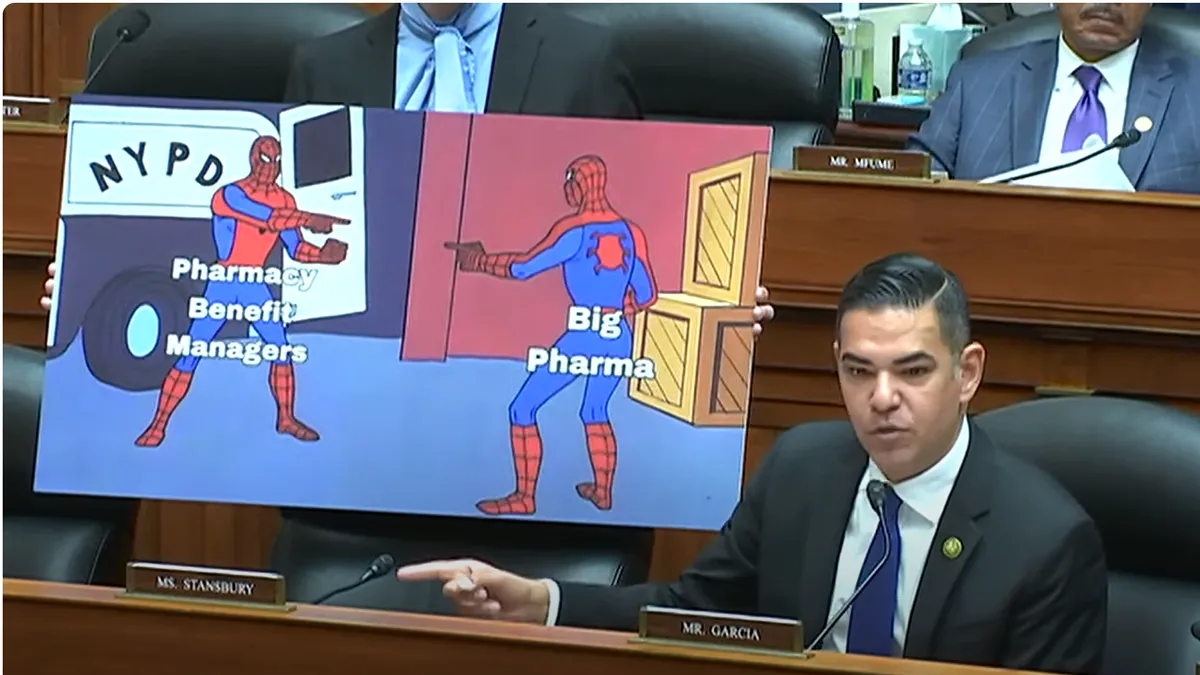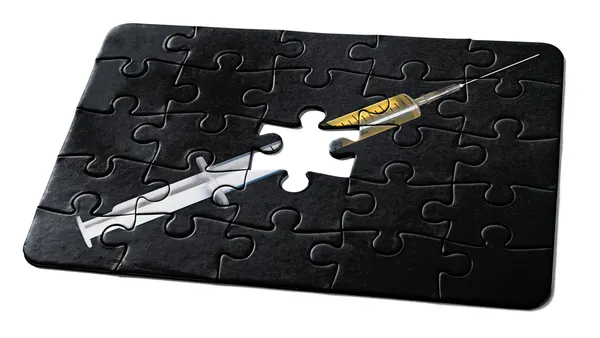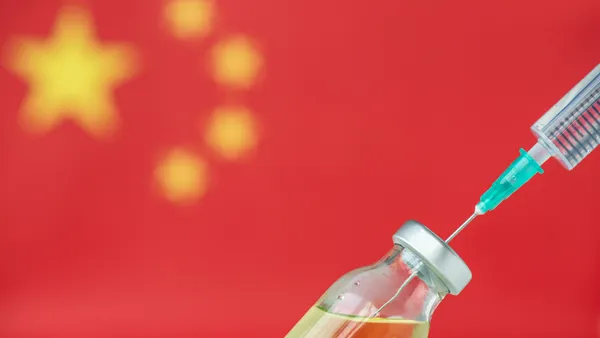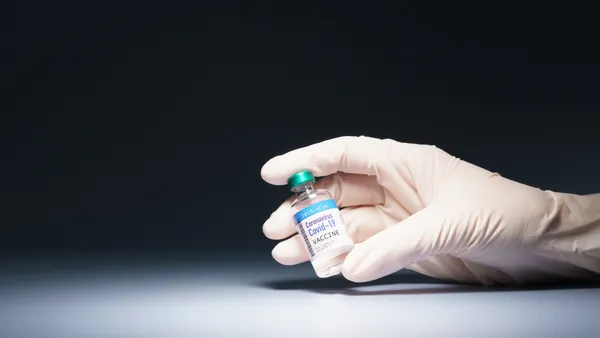After striking out last year with a devastating trial failure in schizophrenia, AbbVie is stepping up to the neuro plate again, this time for a shot at a psychedelic-based depression med.
AbbVie announced yesterday that it would purchase Gilgamesh Pharmaceuticals’ lead drug candidate bretisilocin for $1.2 billion, marking the pharma giant’s determination in what has become both a promising and difficult space. The two companies partnered up in May last year with a licensing agreement that includes other depression candidates and will continue beyond the purchase of bretisilocin.
That AbbVie would attempt another neuro acquisition following a trial flop last year for the mid-stage schizophrenia drug emraclidine shows the company’s resolve to be a major player in a mental health field that has waxed and waned for decades.
The emraclidine saga was particularly fraught for AbbVie, which dropped $8.7 billion to acquire its developer Cerevel Therapeutics in 2023. The double mid-stage trial disappointment stunned analysts who were under the impression emraclidine would strut with relative ease to the market. AbbVie lost $40 billion in market capitalization in the process, which it has since regained.
But the failure isn’t stopping the pharma giant from having another go at a neuro asset, this time in psychedelics. Johnson & Johnson is the only other juggernaut to make a foray into the space, finding success with the esketamine-based drug Spravato, also for depression.
Doubling down on neuro
AbbVie is no stranger to the neuro field outside of psychedelics, and bretisilocin could slot into a portfolio that includes the blockbuster depression drug Vraylar, as well as the migraine medications Ubrelvy and Qulipta. The company also has in its portfolio the wrinkle reducer Botox, which doubles as a neurological therapeutic for overactive muscle spasms.
But is a psychedelic depression med the best choice to follow a high-profile failure? Roopal Thakkar, executive vice president of R&D and chief scientific officer at AbbVie, seems to think so. Thakkar said in a statement that although psychiatry is “one of the most challenging areas in medicine,” the unmet need gives the company a chance to bring new treatment approaches to the table.
And bretisilocin appears to be a medication with the legs to make it to market. Phase 2 results showed that the serotonin receptor agonist significantly reduced the severity of depression symptoms versus a low-dose comparator.
The neurological arena has endured years of low investment, as well as disappointing clinical and market results, but has recently witnessed an uptick in activity. Still, the resurgence comes with challenges. Bristol Myers Squibb’s FDA nod for the schizophrenia drug Cobenfy last year fanned the flames of resurrection in neuroscience, marking the first approval for the disease in decades, but uncertainty still surrounds its market future as a clinical stumble pulled the rug from under a blockbuster potential.
Psychedelic R&D has seen its ups and downs, as well, despite J&J’s enduring efforts with Spravato. Clinical and regulatory hurdles remain major roadblocks to market success. But AbbVie’s latest dip into the neuroscience ocean offers fresh perspective on where the field is heading as Big Pharma contributes more resources to a galling problem.











